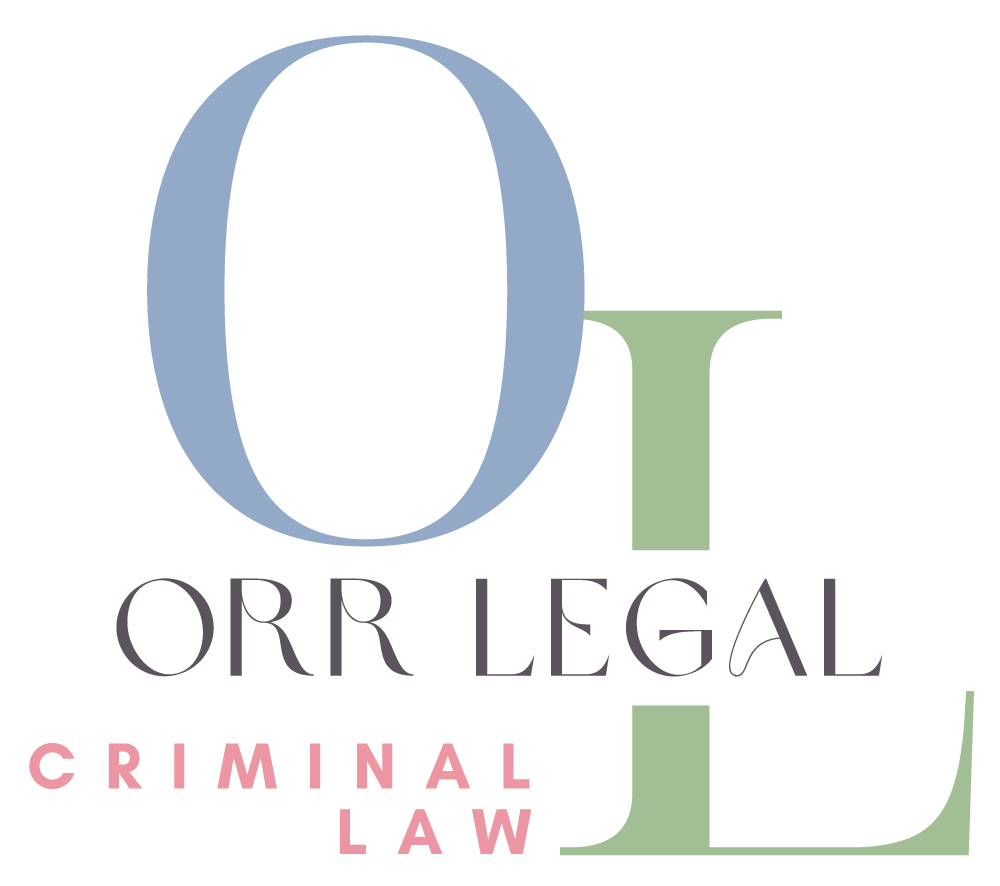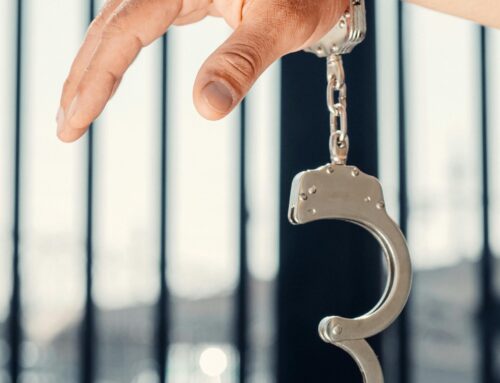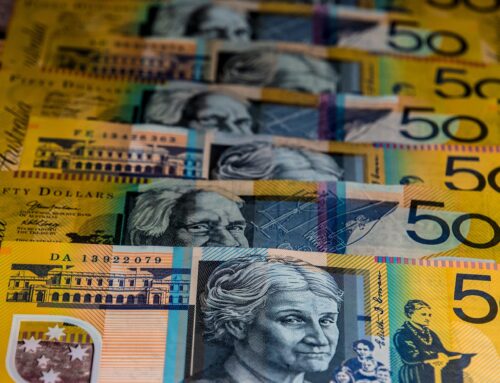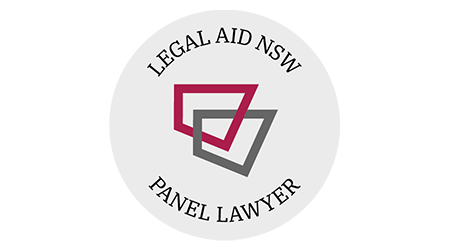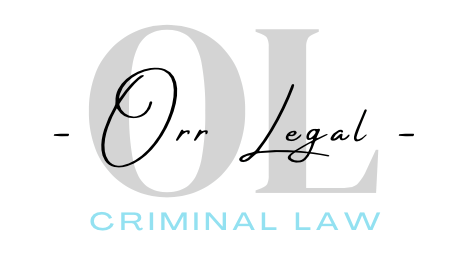Have you been charged with a drug offense in Australia?
Are you wondering what to know about this offense and what steps to take if you are charged?
This article will provide a brief guide on what you need to know about and what you can do if you’re being charged for it.
Australian laws relating to drug use, sale, possession, and trafficking carry different degrees of penalties, fines, and imprisonment time. First, you’ll need to know the drug offenses provided by the Drug Misuse and Trafficking Act (DMTA).
What are drug offenses as outlined in the DMTA?
The Drug Misuse and Trafficking Act (DMTA) identifies these most common drug offenses.
-
Personal Possession of Prohibited Drugs
As elaborated in Section 10 of the DMTA, any individual with a prohibited drug is deemed guilty of the offense.
As this law recognises, possession can fall under two categories: physical possession and de facto possession.
Physical possession is when the drug was found to be physically in your custody. On the other hand, de facto possession occurs when the prohibited drug is not found within your charge, but you have control over it.
The prosecution must prove, beyond a reasonable doubt, the following elements.
- Custody or physical possession of the prohibited drugs.
- Awareness or knowledge that the drugs in possession are illegal.
- Control over the drugs, whether it’s consumption, distribution or sale.
-
Drug Trafficking or Possession of Prohibited Drugs with the Intent to Supply
There are instances where people are aware that having prohibited drugs in their custody is illegal. But, the number of prohibited drugs in their possession can affect the charge against them.
Instead of being indicted for possessing prohibited drugs, an individual may be charged with possession of prohibited drugs with the intent to supply. This is outlined in Section 29 of the DMTA.
The trafficable amount must exceed the allowable personal amount, depending on the prohibited drug type. For cannabis, the amount is 300 grams and more. For ecstasy/MMDA, it’s 0.75 grams, and For cocaine and methylamphetamine, the trafficable amount is 3 grams.
-
Supplying and Manufacturing of Drugs
Under Section 25 of the DMTA, if you knowingly take part in supplying prohibited drugs or even introduce a drug dealer to a “customer,” you will be charged with a drug offense.
However, if you are found to possess material, equipment or any component that is utilised to create prohibited drugs, you might be charged for drug manufacturing.
-
Drug Driving
If you are found to drive or operate a vehicle on the road while under the influence of prohibited drugs, you will be indicted for a drug-driving offense.
What to do if you’re charged with a drug offense?
As current legislation in Australia provides, drug offenses are penalised with fines, corresponding penalties and imprisonment. If you are charged with a drug offense, as illustrated above, or as outlined by the DMTA, you must seek legal advice.
Consulting with a criminal lawyer will help defend you and, in some cases, avoid getting you convicted of a drug offense.
